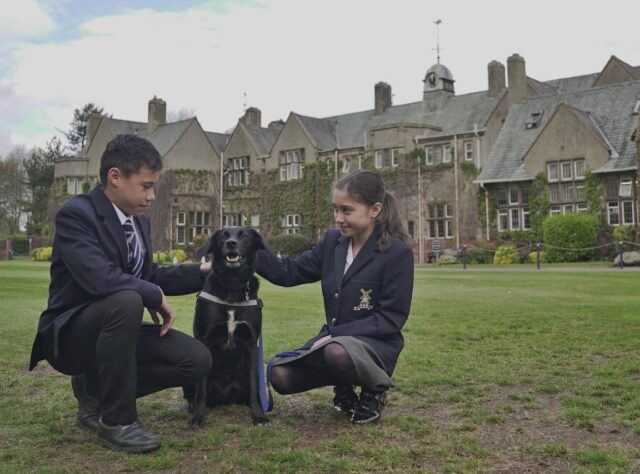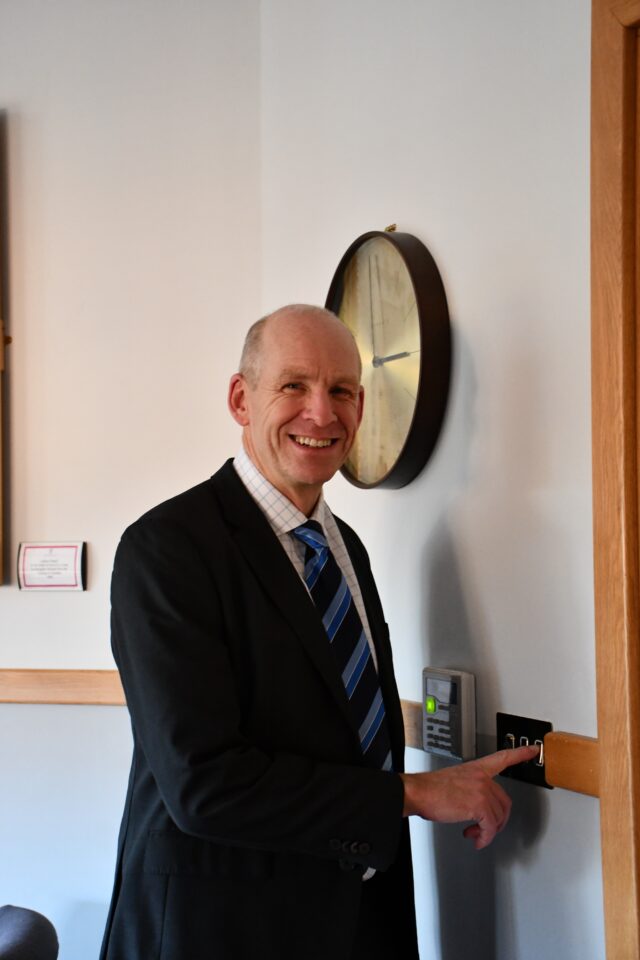Case Study
Pupils’ perspectives on climate change and sustainability on Youth and Future Generations Day at COP27
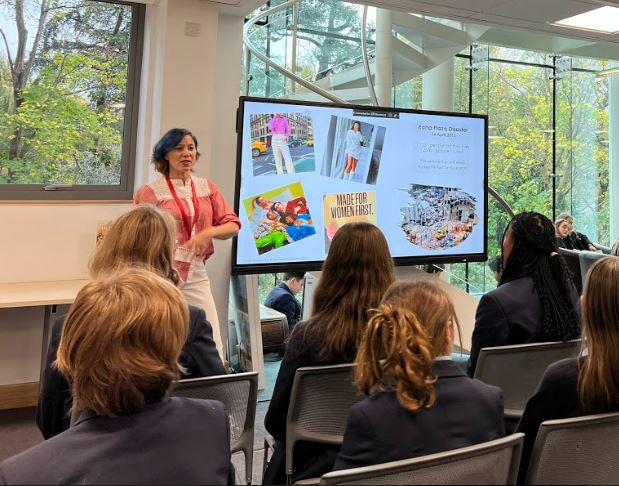
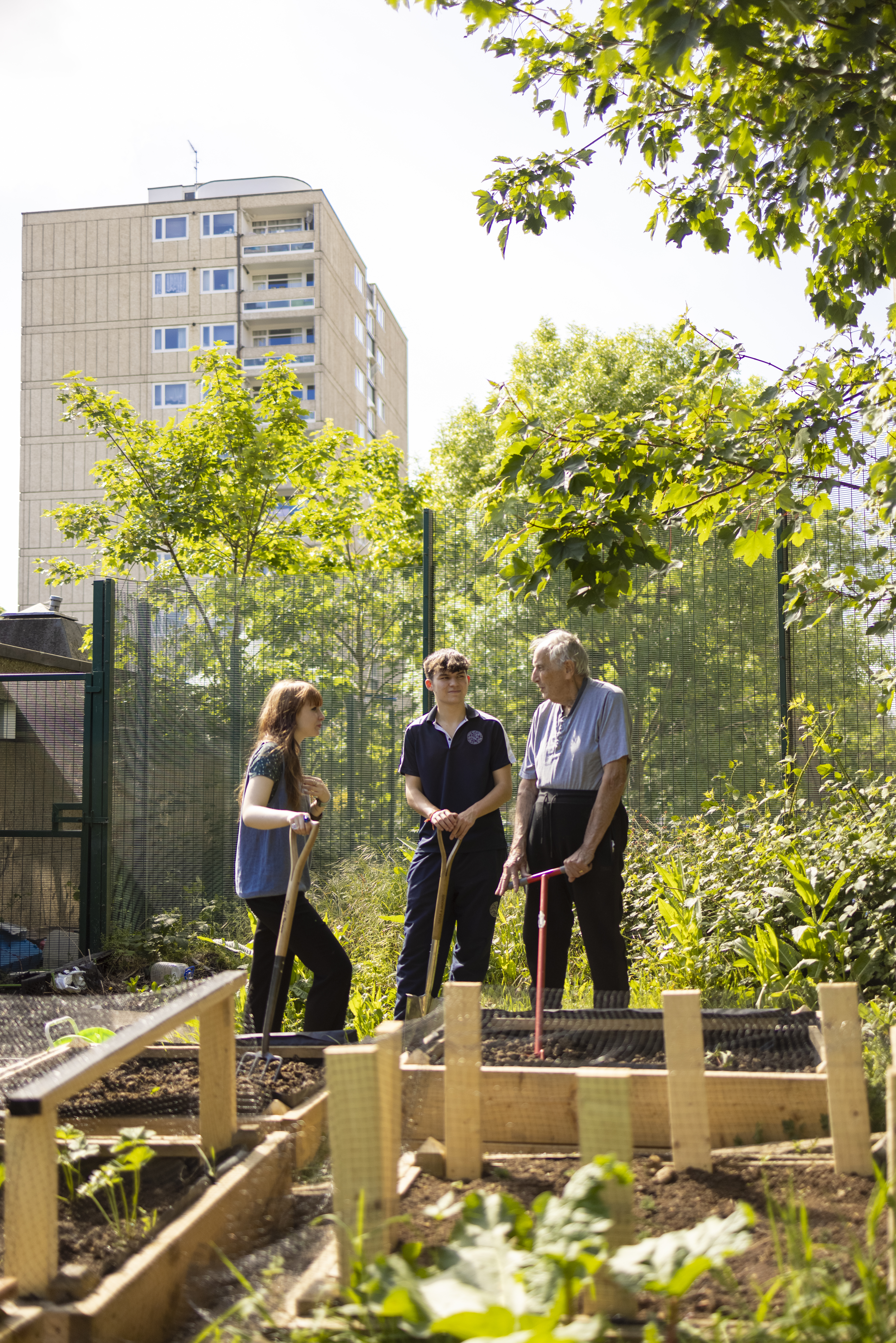 Today is Youth & Future Generations Day COP27, where young UN representatives from around the world will present their Global Youth Statement & key policy asks.
Today is Youth & Future Generations Day COP27, where young UN representatives from around the world will present their Global Youth Statement & key policy asks.
As Sixth Form pupils at Ibstock Place School, we understand there is much to be done to combat climate change and become more sustainable. We ask ourselves – what small, impactful things can we do within our school community to make a difference?
What we eat
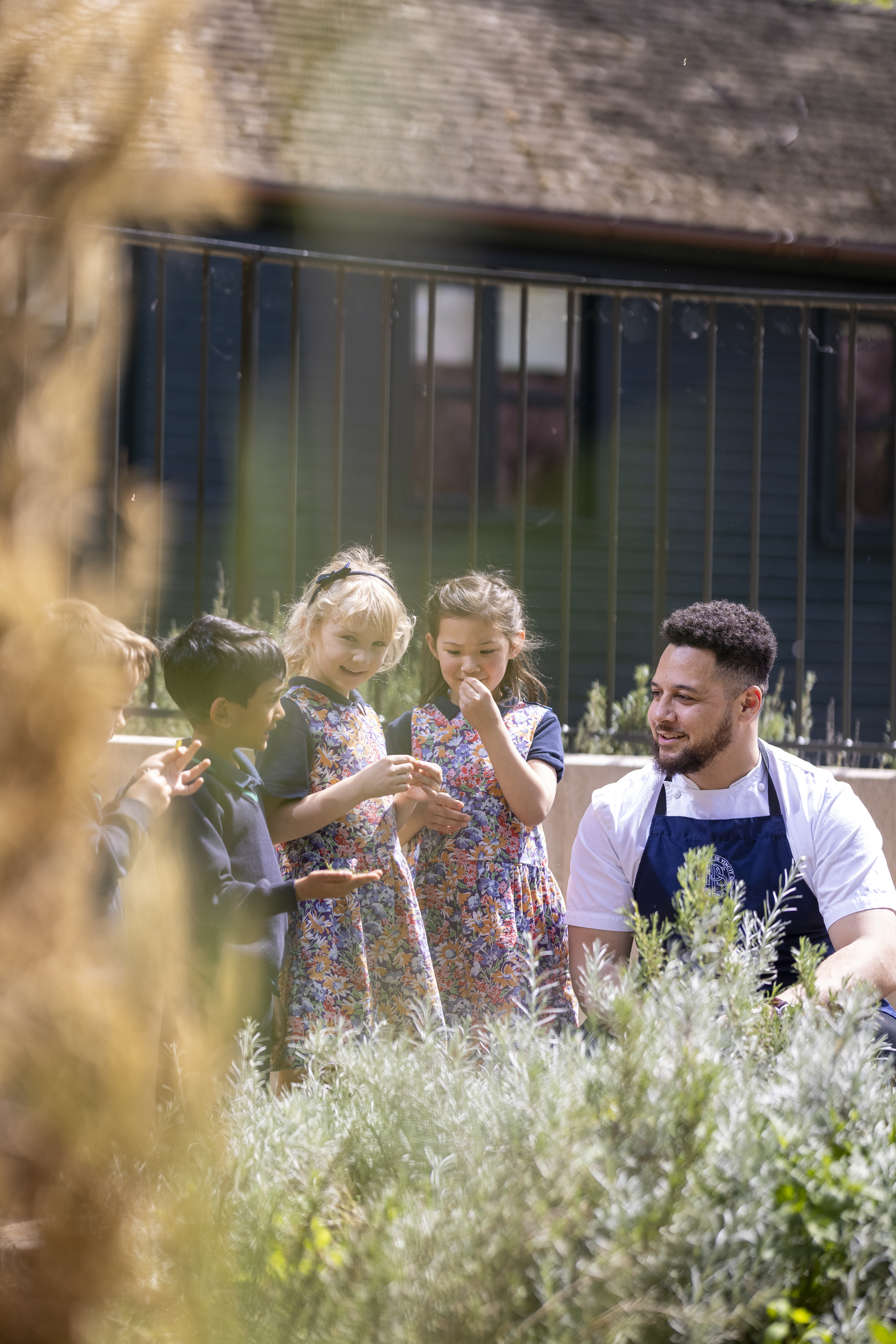 Our Cornish-born Executive Chef Joshua Stevens is enthusiastic about British produce and our in-house catering team prides itself on sourcing the best seasonal ingredients for our school meals. Ibstock has a blossoming kitchen garden where a range of herbs and vegetables are used in the kitchen and for our cookery classes. The school’s beehives also produce their own unique honey blend used for things like salad dressings, roasted root vegetables and muffins.
Our Cornish-born Executive Chef Joshua Stevens is enthusiastic about British produce and our in-house catering team prides itself on sourcing the best seasonal ingredients for our school meals. Ibstock has a blossoming kitchen garden where a range of herbs and vegetables are used in the kitchen and for our cookery classes. The school’s beehives also produce their own unique honey blend used for things like salad dressings, roasted root vegetables and muffins.
In a single academic year, we’ve learnt that the school provides 40,000 items for tuckshop, 6,000 breakfasts, and an incredible 218,000 lunches! To limit food waste, the catering team plan meticulously so they only order the exact amount of food needed. The stock is rotated, correctly stored, and kept in a fashion that will prolong its quality and shelf life. The catering team are also creative in the way they repurpose leftover food that would otherwise go to waste. Even the trimmings of our school’s famous chocolate brownies are used for ice-cream or other special desserts!
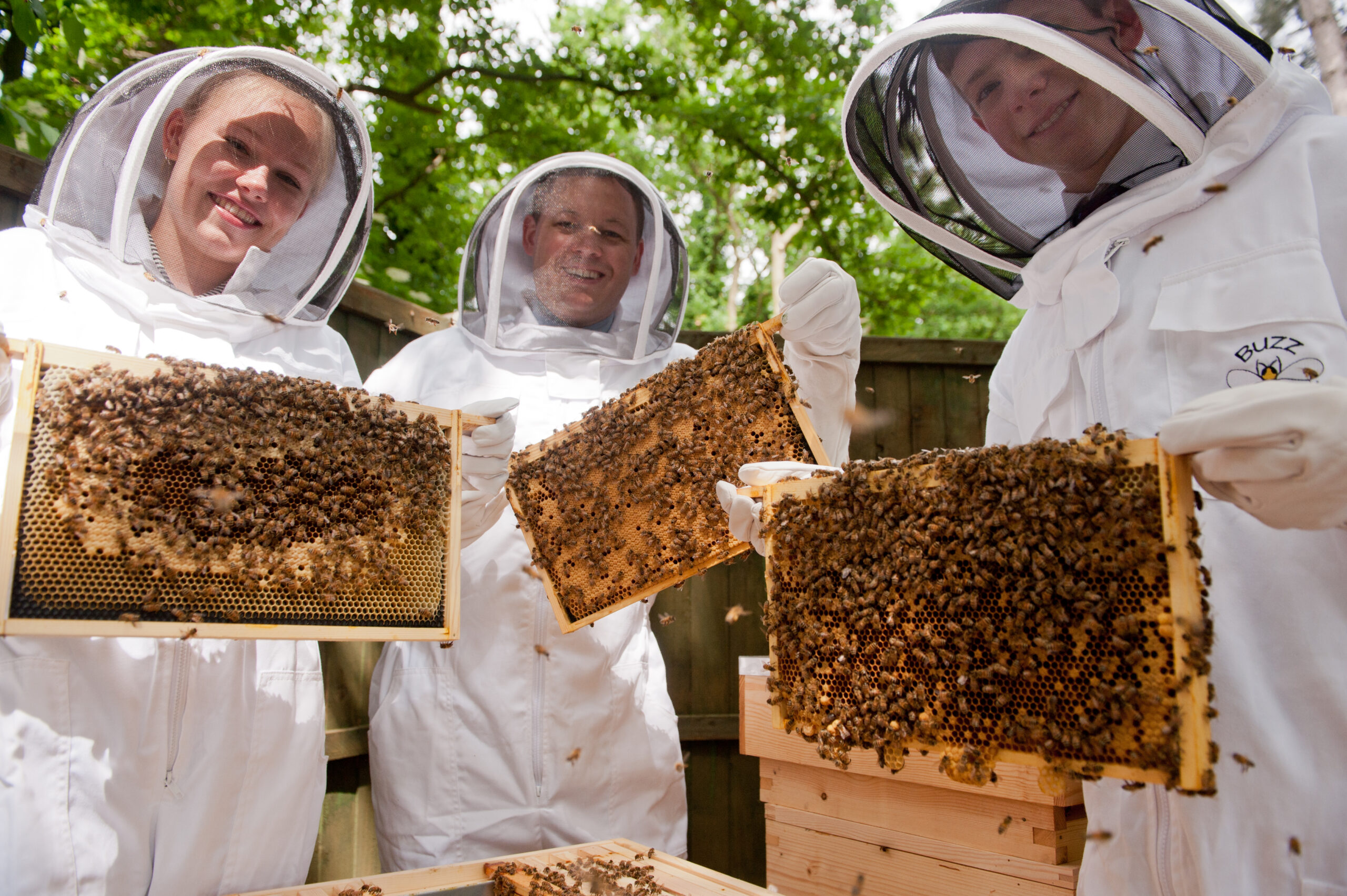 Ibstock is making a conscious effort to tackle wasted food, with a sophisticated system to process leftovers. The school has invested in the ‘Gobbler’ which separates food into two digesters which we have onsite. These digesters churn down waste, removing its liquid to produce a product that looks like that is roughly 30% the mass of what it was originally entered. This product is then collected and used to make fertiliser and biofuel, turning a potential negative into something hugely positive. This ethical and sustainable way to dispose of food waste has also saved the school thousands of pounds per year in waste collection.
Ibstock is making a conscious effort to tackle wasted food, with a sophisticated system to process leftovers. The school has invested in the ‘Gobbler’ which separates food into two digesters which we have onsite. These digesters churn down waste, removing its liquid to produce a product that looks like that is roughly 30% the mass of what it was originally entered. This product is then collected and used to make fertiliser and biofuel, turning a potential negative into something hugely positive. This ethical and sustainable way to dispose of food waste has also saved the school thousands of pounds per year in waste collection.
What we wear
 “Fast Fashion” has a damaging environmental and ethical impact on the world. We’ve recently learnt that every year 150 million trees are cut down to make fabrics, and that fashion is the second-largest contributor to modern-day slavery, experienced by 40 million people around the world.
“Fast Fashion” has a damaging environmental and ethical impact on the world. We’ve recently learnt that every year 150 million trees are cut down to make fabrics, and that fashion is the second-largest contributor to modern-day slavery, experienced by 40 million people around the world.
This term, we are lucky to have had two interesting talks by guest speakers on the important subject of sustainability. Viola Jordan, Senior Programme Manager for Cambridge University’s Institute of Sustainability Leadership’s Accelerator team and founder of CISL’s ‘Women in Sustainability Programme’ and Alicia Lai founder of Boheme, a vegan shoe company. Both talks have helped raise awareness and encouraged pupils to shop in a more sustainable manner.
Ibstock Senior School’s Eco Club comprises pupils from Year 7 to Upper Sixth Form and is organising a ‘swish’ next term. Instead of buying new clothes, pupils will be encouraged to bring in their unwanted clothes to exchange for tokens to browse and choose some ‘new’ ones. This will be showcased with our sustainable fashion show in the Spring Term.
How we travel
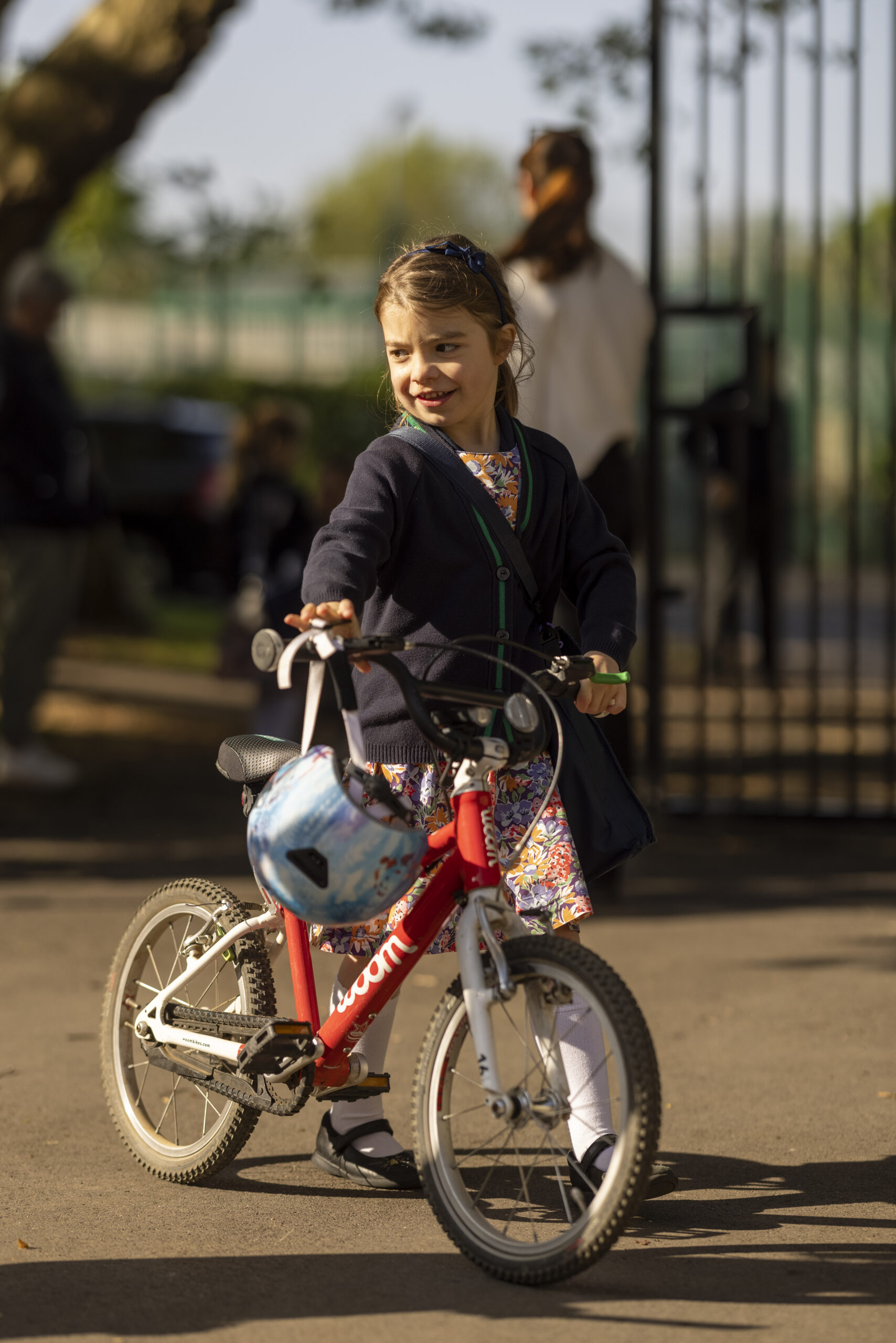 Our school has always encouraged us to use eco-friendly transport to get to school each day. Due to our School’s location next to Richmond Park, many pupils choose to cycle or walk to school and enjoy the beautiful Royal Park. The school supports this and there are numerous bike racks situated around the campus for us to store our bicycles safely. Not only does this promote eco-friendliness but it also promotes well-being through exercise.
Our school has always encouraged us to use eco-friendly transport to get to school each day. Due to our School’s location next to Richmond Park, many pupils choose to cycle or walk to school and enjoy the beautiful Royal Park. The school supports this and there are numerous bike racks situated around the campus for us to store our bicycles safely. Not only does this promote eco-friendliness but it also promotes well-being through exercise.
How we act
Pupil-led initiatives are really encouraged at our school. Our Senior School Eco Club led on a ‘crisp packet project’, which involved collating crisp packets from pupils around the school, to create a warm blanket or sleeping bag. It takes 200 crisp packets to make up a sleeping bag which will be used by homeless people to protect them through winter. Over the course of the two weeks, Ibstock’s community came together to collect hundreds of crisp packets for a very good cause. Not only will this project help those without a roof over their head, but it reduces the amount of waste which would fill up a landfill.
Other pupil initiatives include a quiz to raise environmental awareness around the school and making eco Christmas decorations and gifts. Younger pupils have been keen to get involved too, with ‘Prep Eco Warriors’ voted by their peers to lead on a range of environmental issues. There is also a Prep COP planned to take place in the coming weeks, so that pupils in our Prep School can learn more about this important conference and climate change.
Written by Sixth Form pupils at Ibstock Place School
Related articles
-
Blogs
Taking Eco Action -
Case Studies
UCS Green Impact Society Leading The Way -
Case Studies
Sustainability at St Helen’s -
Case Studies
Protest has turned to action at Putney High School -
Case Studies
Changing the environment - A school in transition
